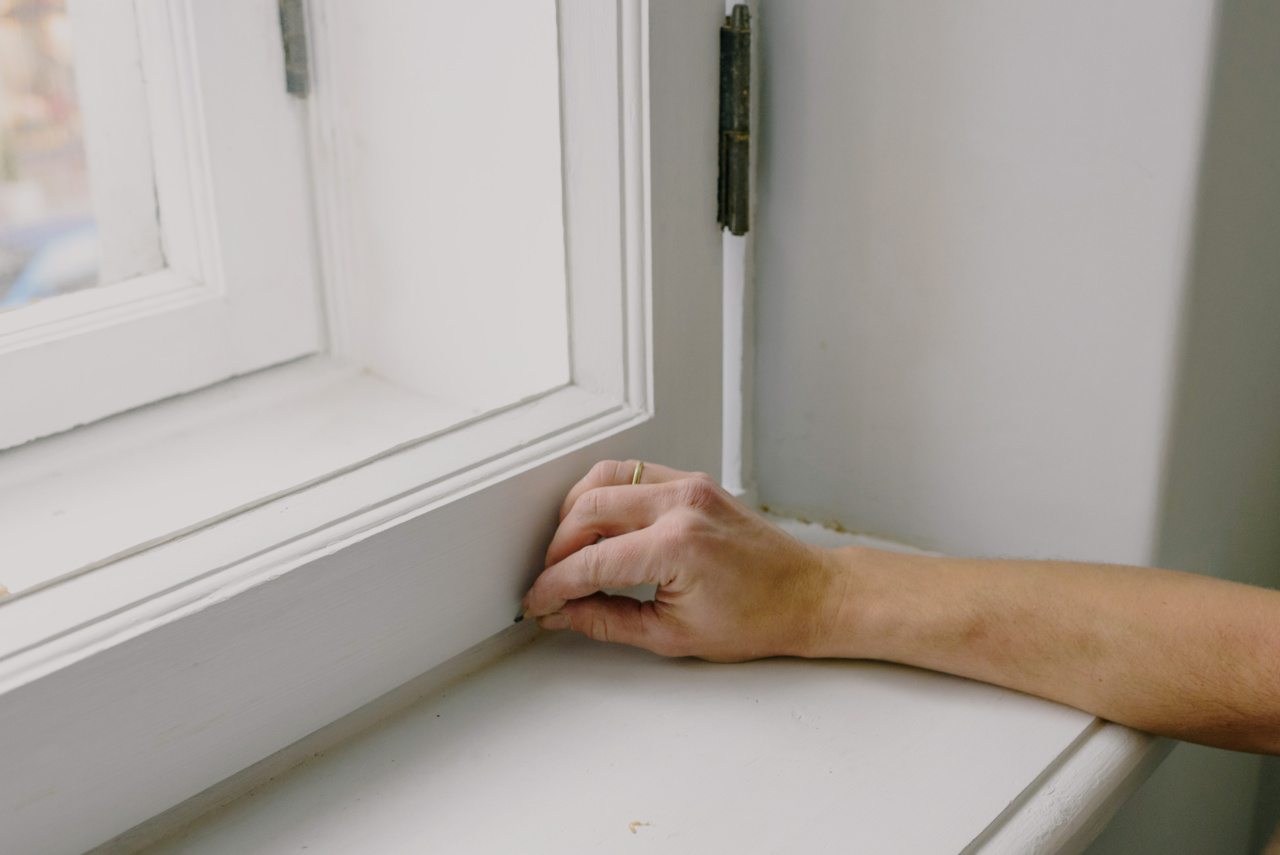Snoring can be a pesky problem that not only affects your sleep quality but also disturbs those around you. While it may seem like there is nothing you can do about it, there are several simple steps you can take to put an end to snoring.
In this article, we outline seven easy ways to stop snoring and enjoy peaceful sleep.
1. Change Your Sleeping Position
One of the primary causes of snoring is sleeping on your back, which causes your tongue and soft palate to collapse to the back of your throat and block your airway. Changing your sleeping position can help alleviate this problem and prevent snoring.
Try sleeping on your side instead of your back to keep your airways open while you sleep.
2. Lose Weight
If you are overweight or obese, losing weight can significantly help reduce snoring. When you carry extra weight, it can create excess fat tissues in your throat that can obstruct your airways and cause snoring.
Losing weight can help reduce this excess tissue and improve your breathing while you sleep.
3. Develop a Regular Sleep Schedule
Irregular sleep patterns or poor sleep hygiene can also contribute to snoring. Try to develop a regular sleep schedule and stick to it as much as possible. This can help improve the quality of your sleep and reduce the incidence of snoring.
Additionally, avoid consuming caffeine or alcohol before bedtime, as these can interfere with your sleep and exacerbate snoring issues.
4. Keep Your Nasal Passages Clear
If you have sinusitis, allergies, or other nasal problems, it can cause congestion and blockage in your nasal passages. This can lead to mouth breathing and snoring.
Keeping your nasal passages clear by using nasal sprays or other remedies can help reduce snoring.
5. Quit Smoking
Smoking and other tobacco products can irritate the tissues in your throat and airways, leading to inflammation and snoring. Quitting smoking can help alleviate this problem and improve your overall health.
6. Use Anti-Snoring Devices
There are several anti-snoring devices available on the market that can help reduce snoring. These devices work by keeping your airways open and preventing the collapse of your tongue and soft palate.
Popular examples include nasal strips, mouthguards, and chinstraps that keep your jaw in place while you sleep.
7. Consider Surgery
If your snoring is severe and other remedies have not worked, you may consider surgery as a last resort.
There are several surgical options available, including uvulopalatopharyngoplasty (UPPP), which involves the removal of excess tissue from the soft palate and uvula, and somnoplasty, which uses radiofrequency energy to reduce excess tissue.
By following these simple steps, you can put an end to snoring and enjoy peaceful sleep. It’s essential to remember that snoring can be a sign of a more severe underlying condition, such as sleep apnea.
If you experience other symptoms such as daytime sleepiness or difficulty breathing while you sleep, consult your doctor.






























